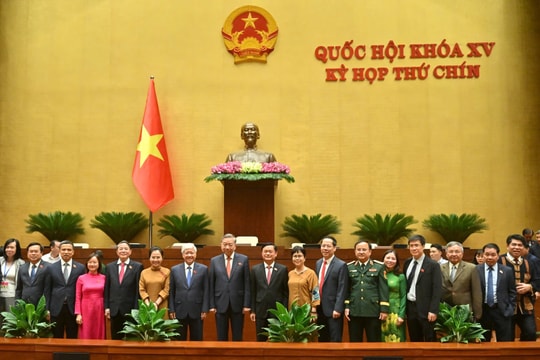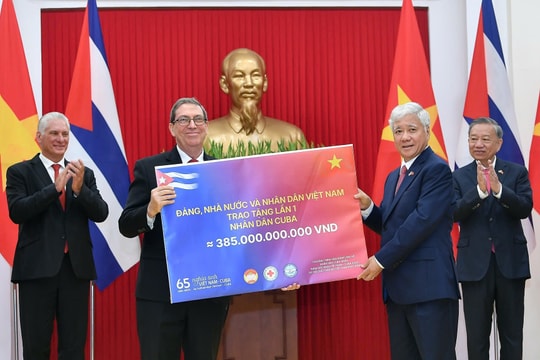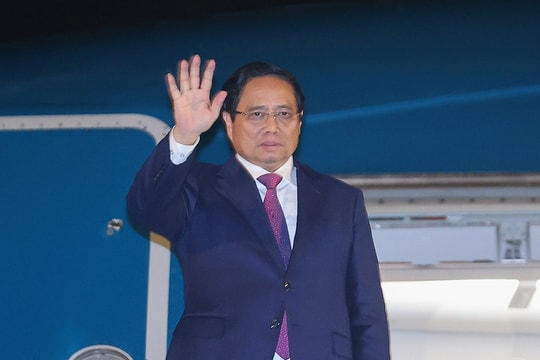Basis for paying income tax to handle assets of unknown origin?
National Assembly delegates proposed that the Anti-Corruption Law include conditions for declaring income tax as a basis for comparison and handling of assets of unknown origin.
Different opinions on handling assets of unknown origin
Discussing in the Hall about the revised Law on Anti-Corruption (AC), this morning (June 13), many opinions expressed concern about the content of controlling assets and income, especially the new regulation of imposing a 45% personal income tax on dishonestly declared assets and assets increased without explanation of their origin.
According to delegate Be Minh Duc (Cao Bang), in addition to salary, civil servants may have other legal income such as teaching fees, but for some reason they want to hide it or forget to declare it. From a legal perspective, income that is not fully declared cannot be considered illegal income.
Agreeing with the tax collection plan, delegate Mua A Vang (Dien Bien delegation) stated that the origin of assets is very diverse, especially in cases of inheritance without proof of documents. In cases where the origin of assets cannot be explained, taxes can be collected, but if it can be proven that the assets were obtained through corruption or crime, criminal proceedings must be taken.
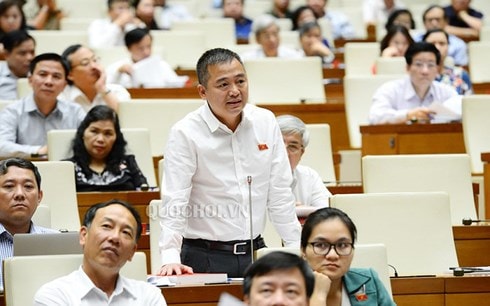 |
| Delegate Nguyen Lan Hieu. |
In response to the above viewpoint, delegate Nguyen Lan Hieu (An Giang delegation) emphasized that current income from trading, inheritance, donation, lottery winnings, etc. are all declared as personal income tax and this is managed quite strictly. Why don’t we design additional conditions for declaring annual income tax for positions at risk of corruption to have a basis for comparison?
"If we make it public so that people know, it will be easier to monitor. There is no reason why people can buy a house and a car by only paying income tax of 1-2 million/year," said Mr. Nguyen Lan Hieu.
Establish an asset control agency under the National Assembly Standing Committee?
Expressing agreement with the draft law on assigning inspection agencies to focus on controlling assets, delegate Do Van Binh (Hai Phong delegation) wondered whether the current apparatus and human resources would be truly effective.
According to delegate Cao Thi Xuan (Thanh Hoa delegation), in the context of serious and complicated corruption, the Party and State have shown high determination and are looking for breakthrough solutions, so it is necessary to study the establishment of an independent agency to control the assets and income of officials.
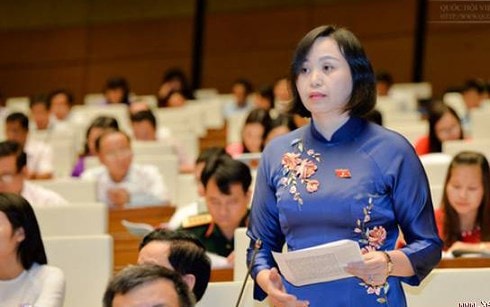 |
| Delegate Cao Thi Xuan |
"This can be considered a worthy investment in anti-corruption activities in the current and future period," said Ms. Cao Thi Xuan.
Agreeing with the analysis of delegate Cao Thi Xuan, Mr. Nguyen Van Pha emphasized that there are currently anti-corruption forces under the Inspectorate, the Procuracy and the police. If a new agency is established, it is possible to take forces from these units to ensure both expertise and experience and especially not to increase the payroll.
"I propose to establish a specialized agency to control assets and income, and this agency should be under the National Assembly Standing Committee," Mr. Nguyen Van Pha proposed./.
Should there be a title "Corruption Eradicator"?
Delegate Nguyen Bac Viet (Ninh Thuan delegation) said that voters and people are very happy with the Party's determination to fight corruption and the effectiveness of the Central Steering Committee on this work and the Central Inspection Committee. "Voters and people hope that the Party will continue to resolutely and persistently eradicate corruption, strictly handle and recover assets" - Mr. Nguyen Bac Viet said and suggested studying to change the name of the law to "Law on preventing and eliminating corruption".
According to this delegate, the Law on rewards is not clear and in his opinion there should be a title "Brave anti-corruption warrior".

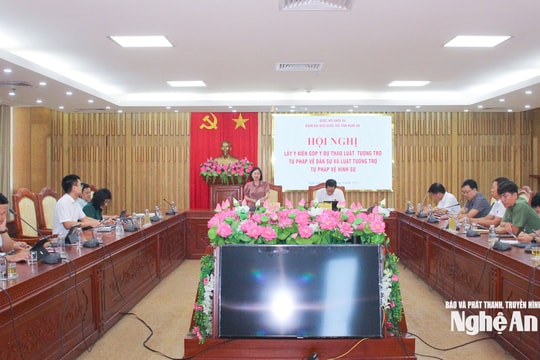
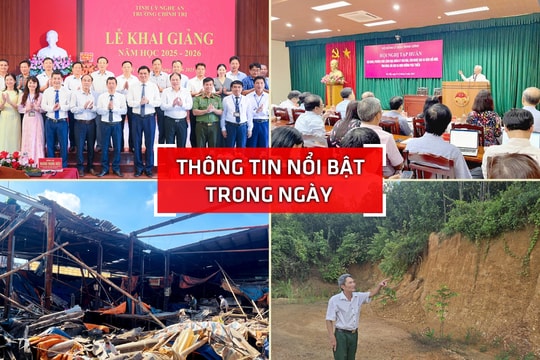
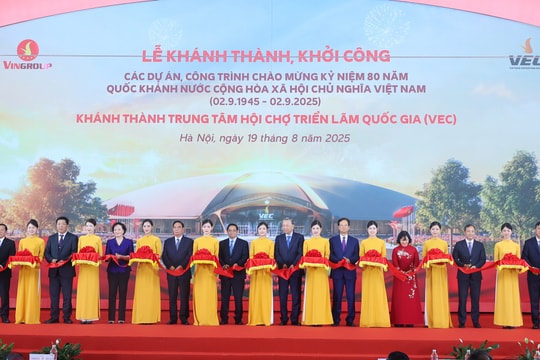
.jpg)
